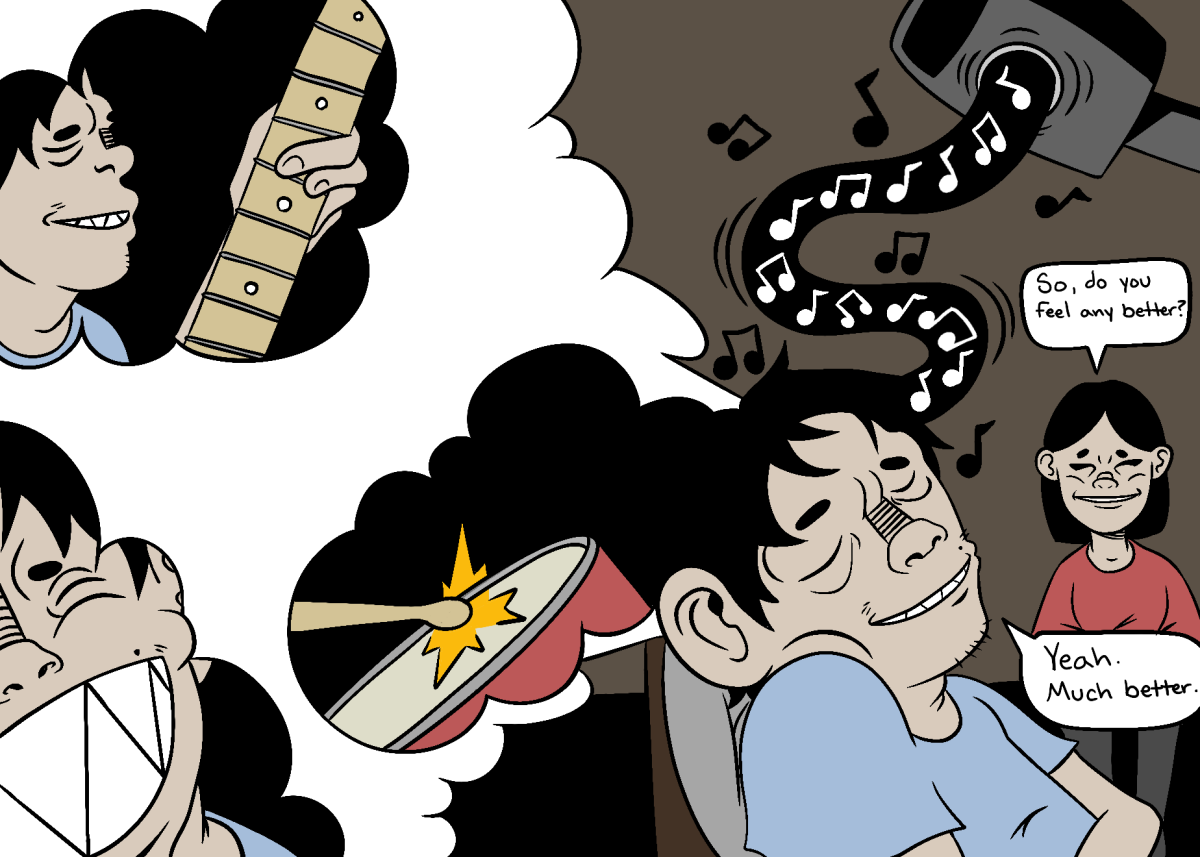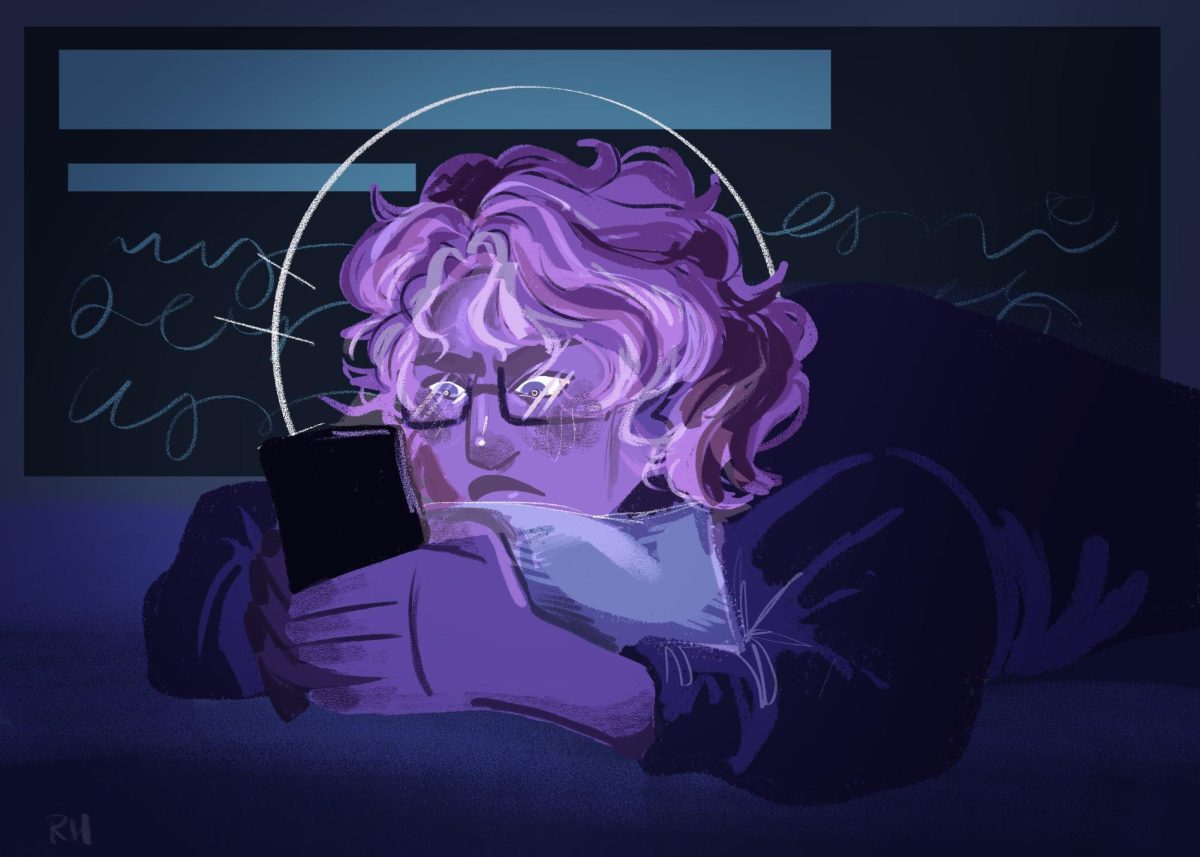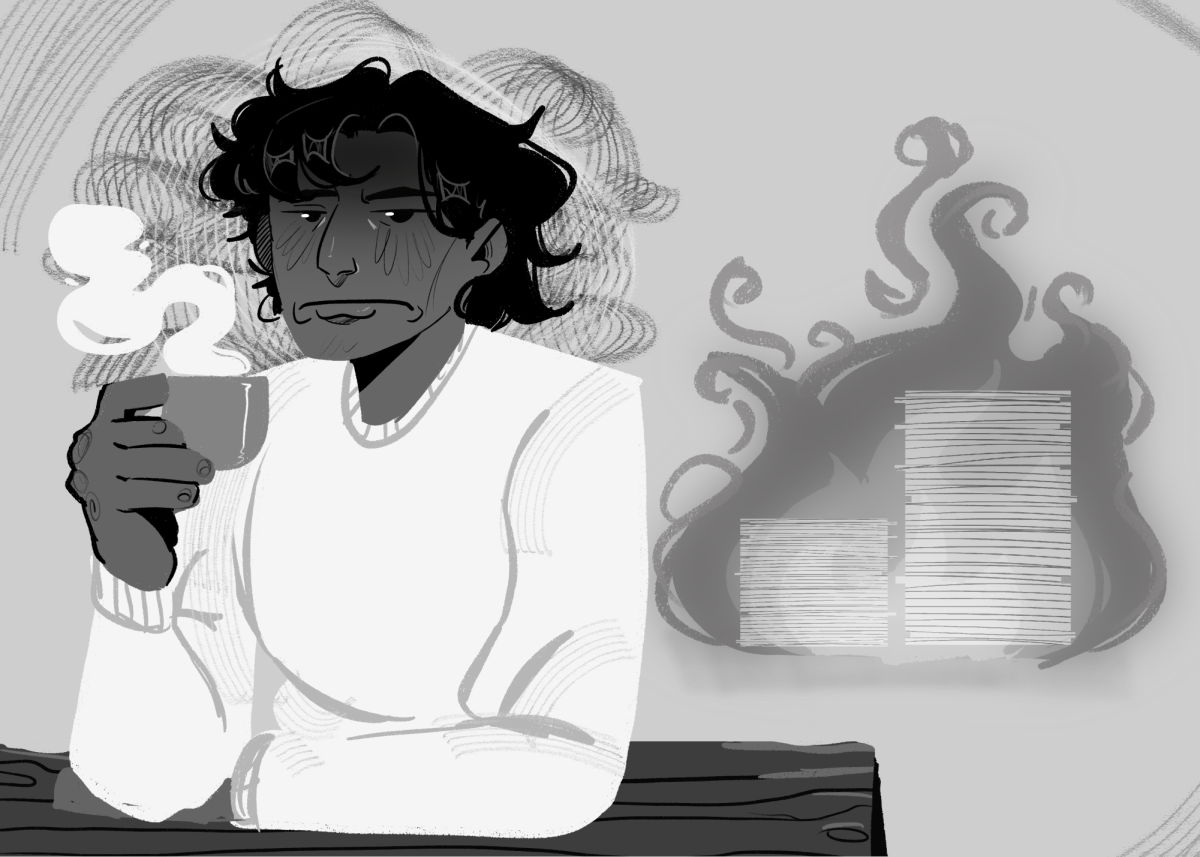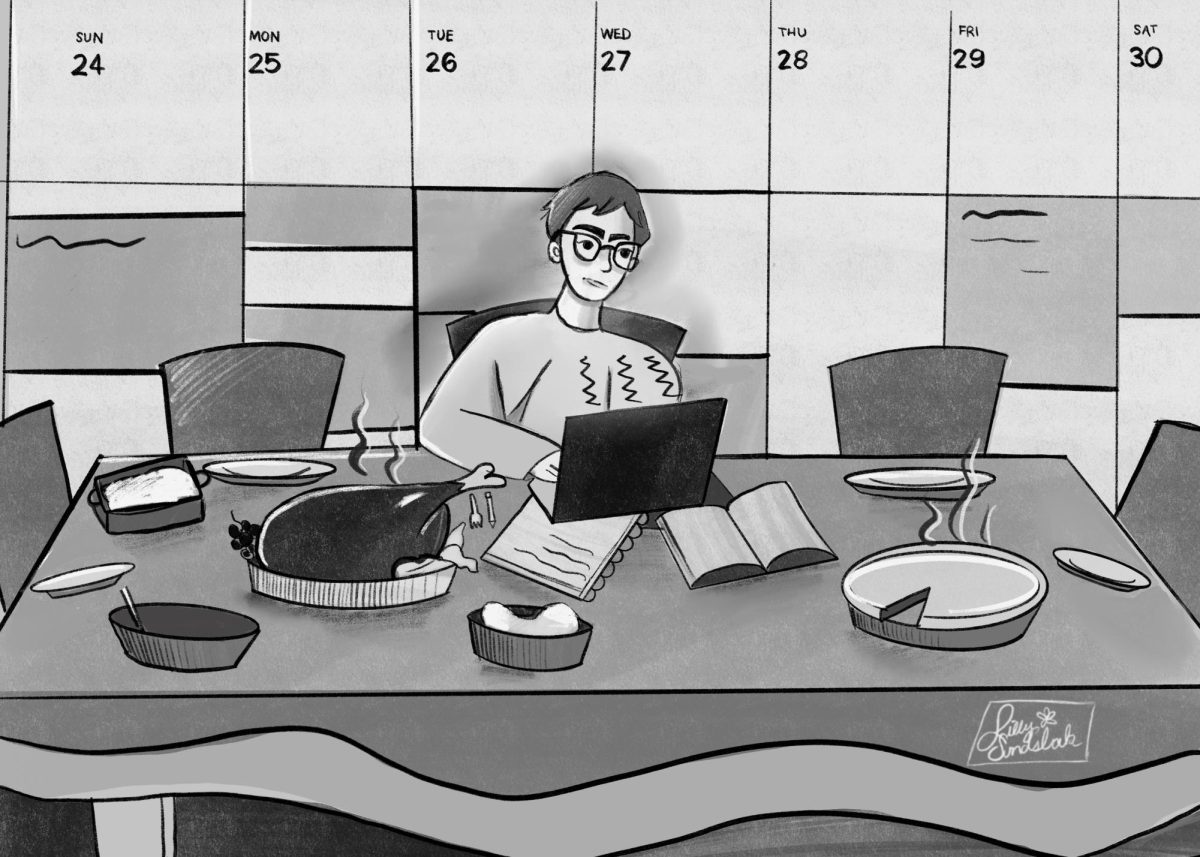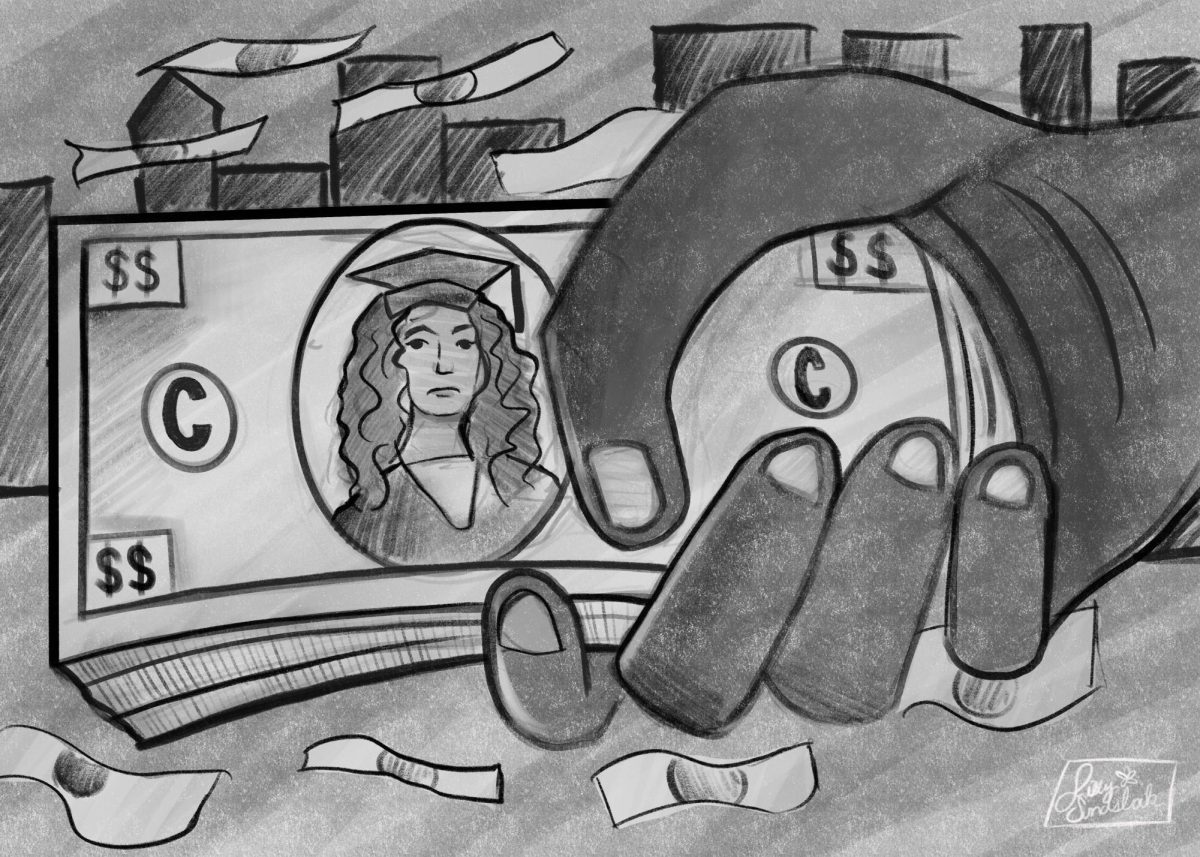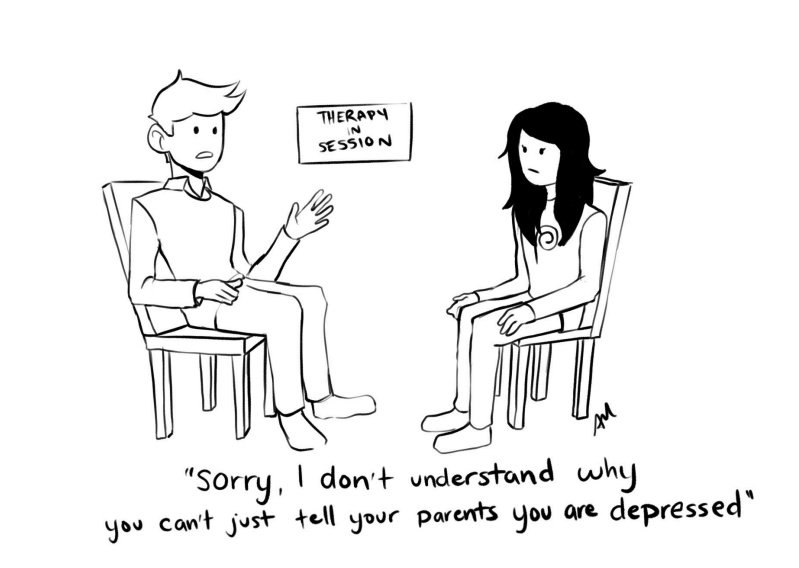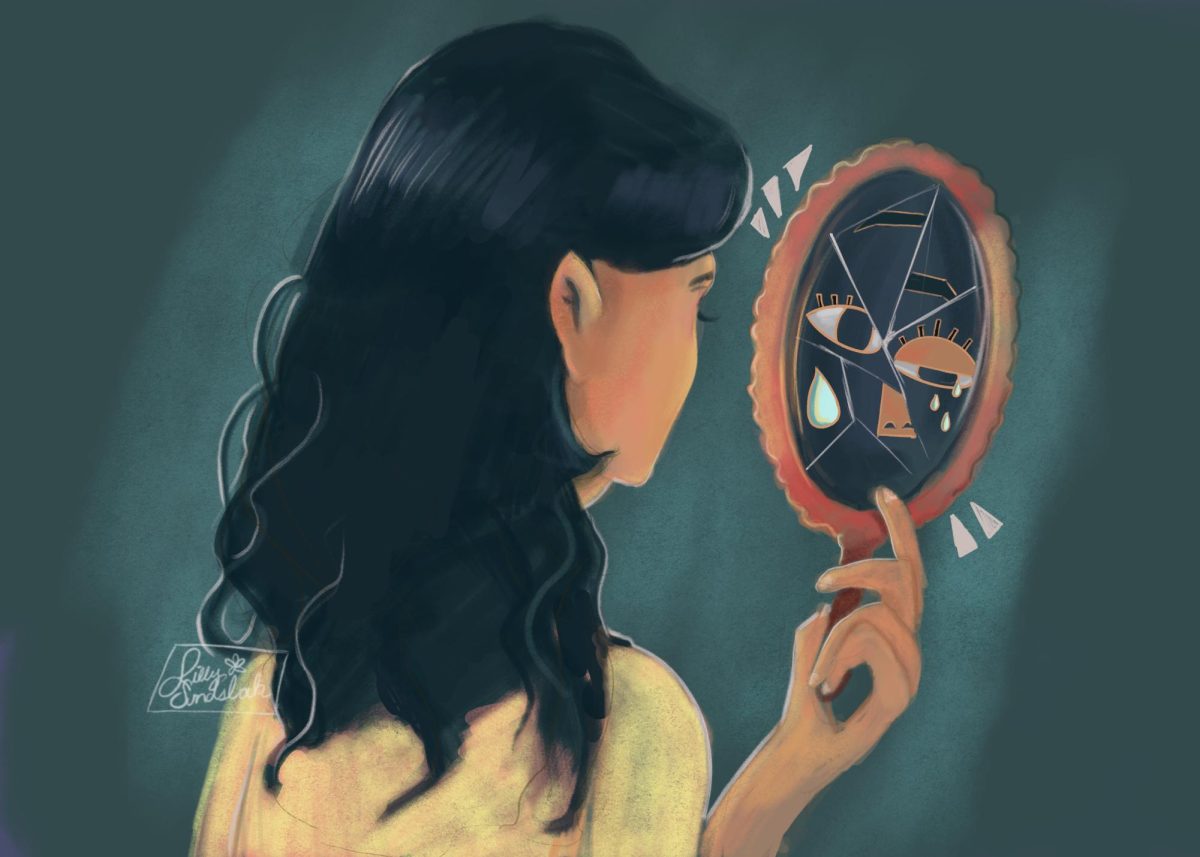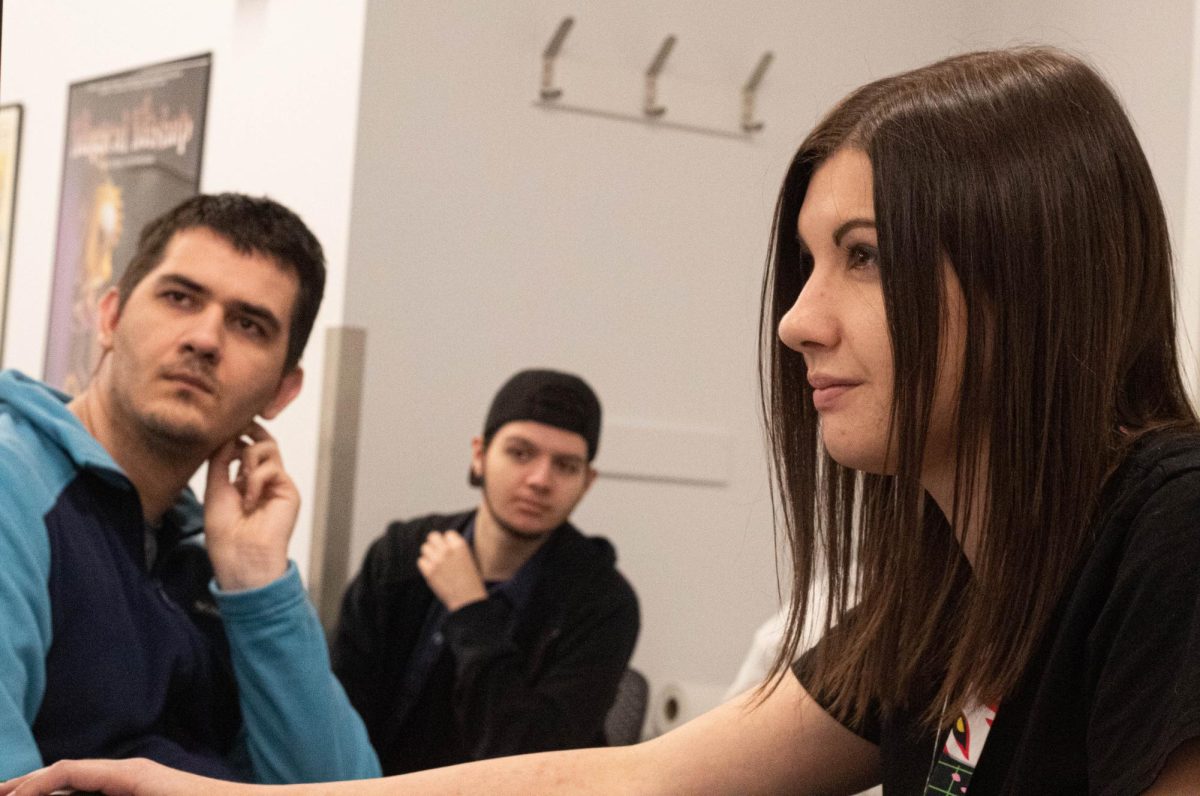MENTAL HEALTH ISSUE
As students struggle to find a balance between seeking mental health services and their passions, music therapy is one option.
Various studies have shown that music has always been used to assist those healing and dealing with their mental health conditions. Columbia is known for its renowned music programs, but it does not offer music therapy. It should.
As a student who has used therapy in the past, I would have appreciated some sort of music-listening, playing, writing or discussing therapy service in the last three years. It would allow me and others to attend a form of counseling and therapy while contributing to our creative sides.
Music and therapy go hand-in-hand. It has even been researched to alter brain activity and manage mood disorders, learning disabilities and substance use disorders. There are so many reasons why Columbia should offer music therapy.
Music therapy is an evidence-backed form of counseling used to address depression and anxiety.
Some may choose to play instruments, write or discuss lyrics and listen or sing along to music, sometimes with direct help from a trained therapist. Officially, clinical music therapy must have a qualified music therapist at the head of each session. A music therapist will evaluate the strengths and areas for improvement and subsequently assist the patient in navigating through the medium of music.
Columbia’s Counseling Service office is in a position to rebuild. They have the chance to show students that no matter what they’re going through, there will always be an option for them. They could also benefit from different approaches to therapy, whether it is an official counseling session led by a professional or implementing a mental health club with a musical focus.
The college should offer music therapy as a new group or solo service for any student on campus. Naturally, group sessions would be easier, with extra time and space for those looking to attend. Solo services may be harder due to student-to-instructor ratios.
Music therapy is still a small field, with only around 10,000 people who have become board-certified, however, it’s growing.
As the industry continues to expand, Columbia has an opportunity to become known for offering these services to its student body. It can be hard for therapy patients to open up and find a new therapist. If music was added, they may be more comfortable tackling a physical and equally vulnerable activity.
Student stress is one of the top causes of mental health issues in college students. Music therapy is a great option for those looking to unwind in one way or another. Music therapy is employed to alleviate physical discomfort by enhancing breathing, reducing blood pressure, boosting cardiac output, decreasing heart rate and easing muscle tension.
As Columbia’s Counseling Services office exits its transitional period and moves on to a steadier one, qualified music therapists should be added to the mix for a school that heavily relies on its creative population.
Amelia Rodriguez is a journalism major from Worcester, Massachusetts.
Copy edited by Lily Thomas
Submit an op-ed of no more than 850 words here or email editorialboard@columbiachronicle.com


